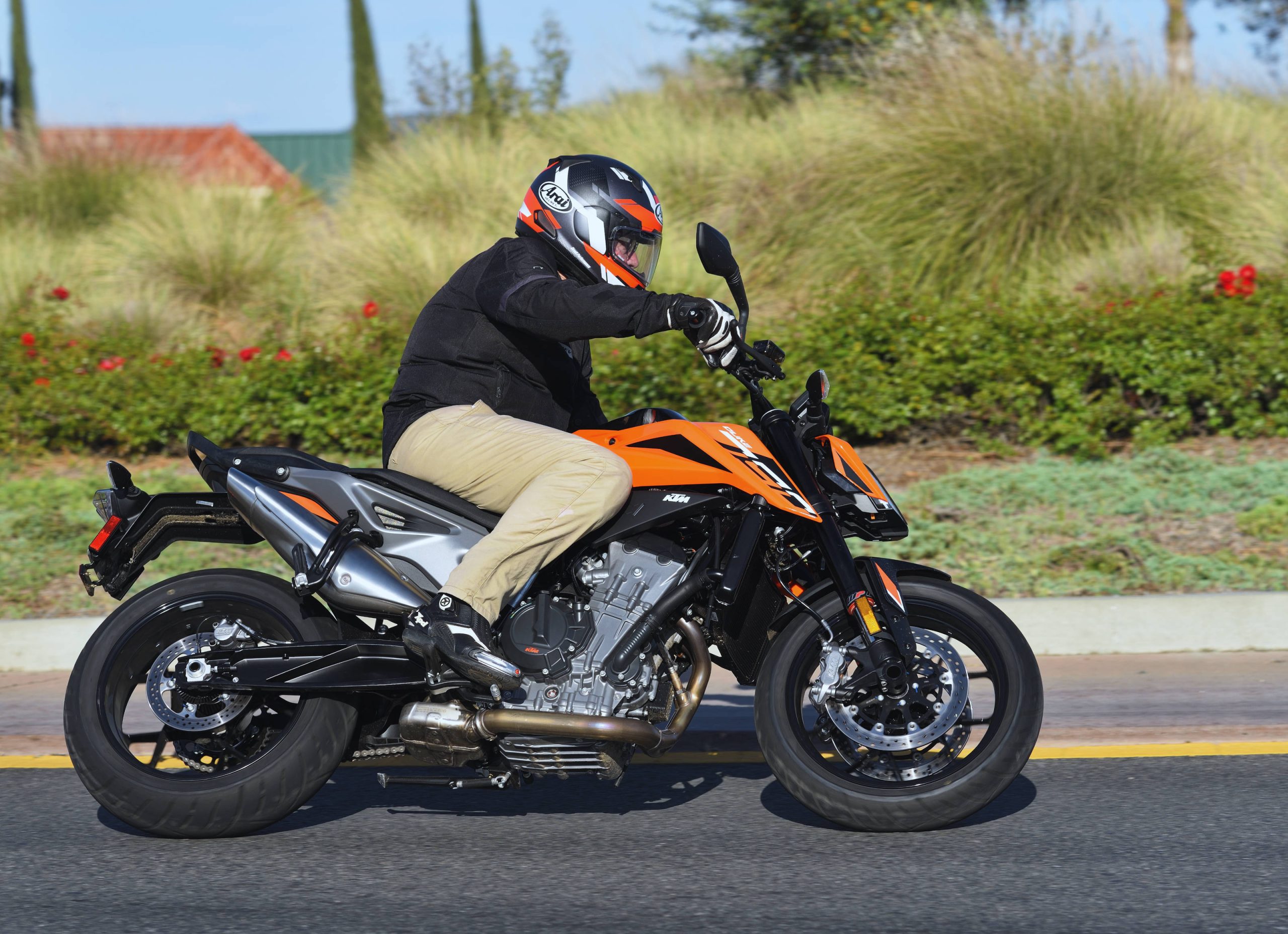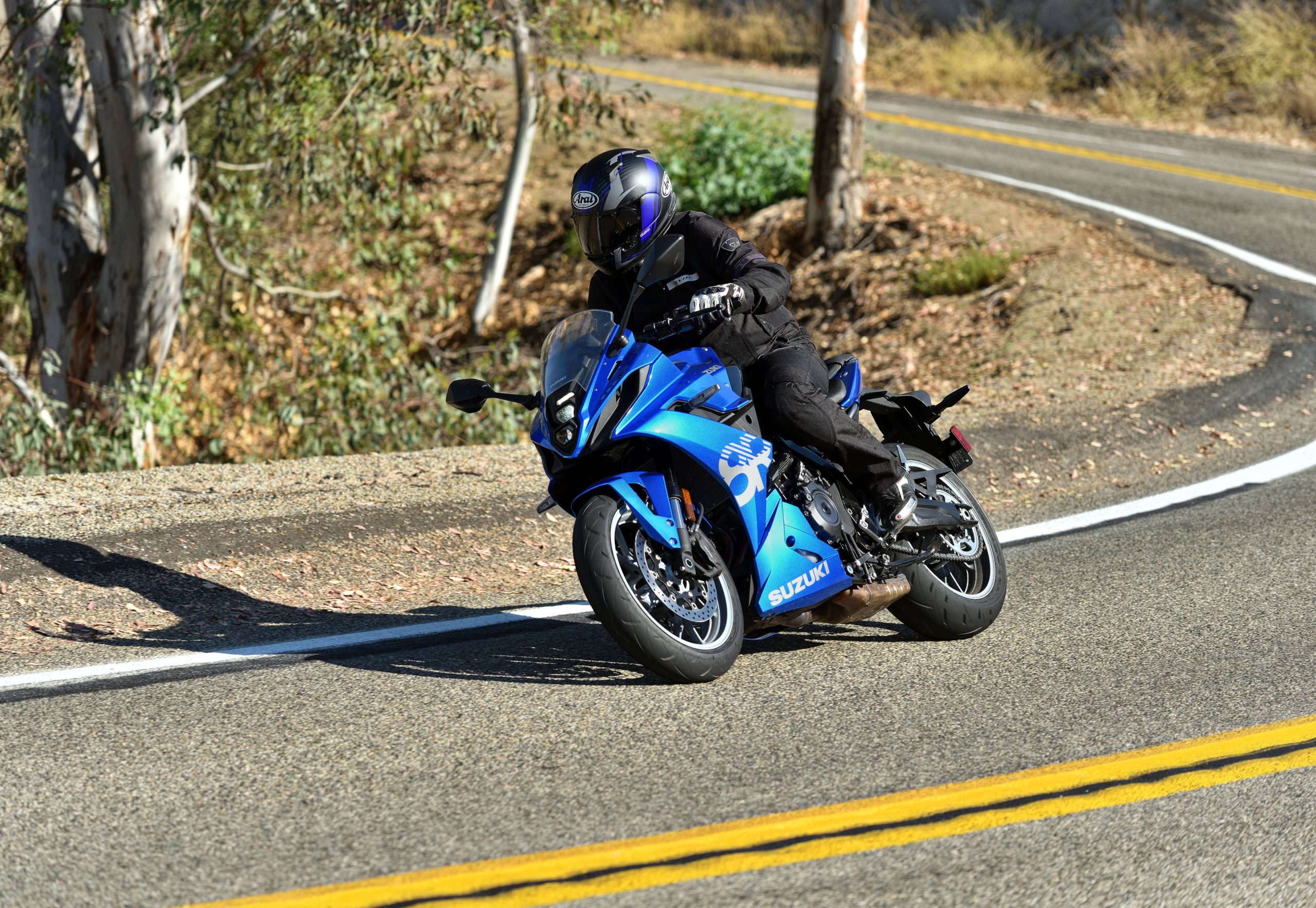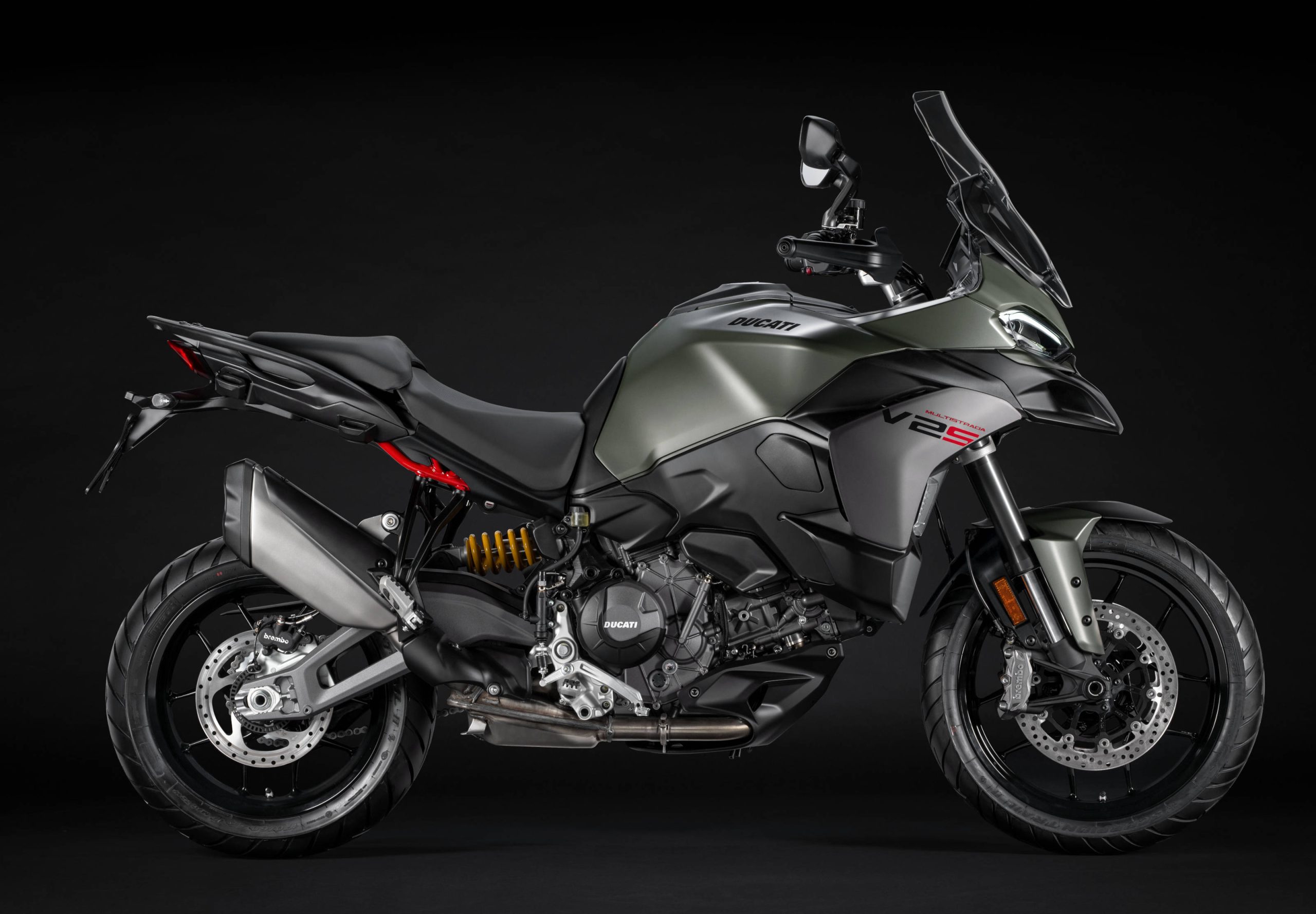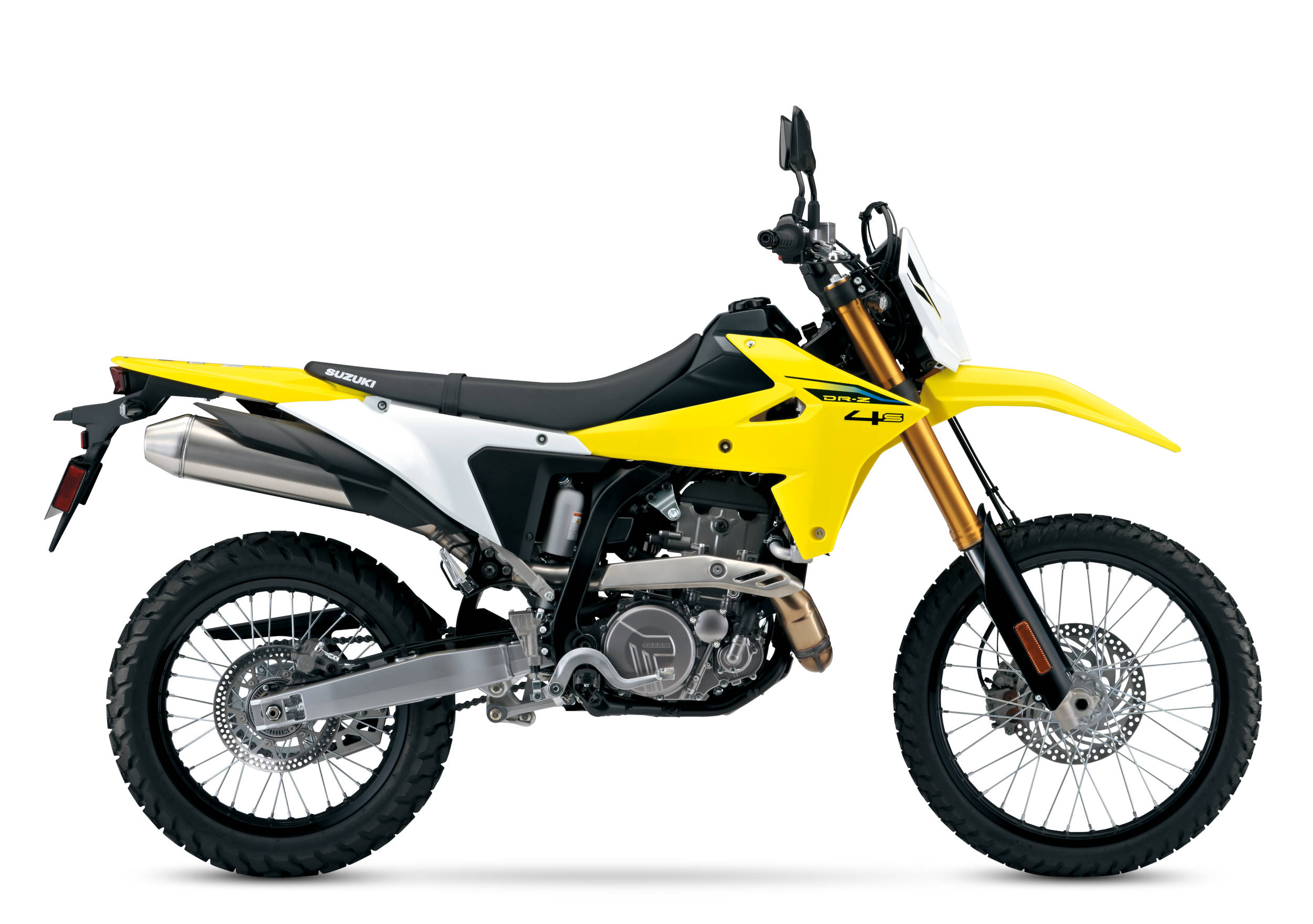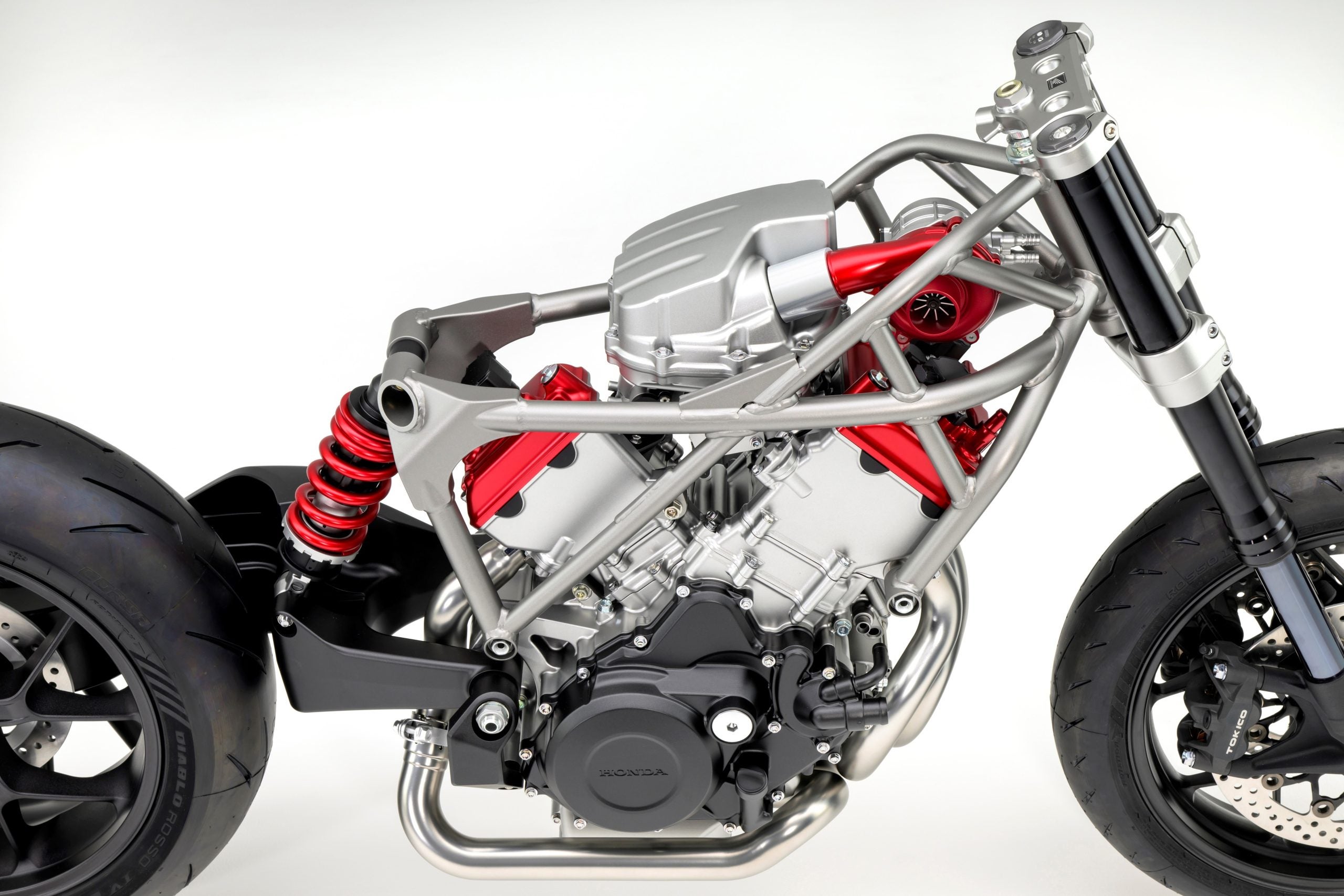PICKERINGTON, Ohio — As conservation takes center stage on April 22, 2013 for Earth Day, the American Motorcyclist Association salutes motorcyclists and all-terrain vehicle riders nationwide who do volunteer work on public land.
The AMA also salutes street riders, noting there are many environmental benefits to commuting and traveling on a motorcycle or scooter.
“For motorcyclists, every day is Earth Day,” said Rob Dingman, AMA president and CEO. “Off-highway riders enjoy the outdoors and respect the land, sometimes even carrying out other people’s trash from remote areas. Street riders — whether on a motorcycle or a scooter — have a positive impact on the environment and their rides result in a more enjoyable, less-congested experience for all road users.”
Every year, thousands of off-highway riders and employees of motorcycle-related companies roll up their sleeves to restore and maintain forest areas by planting trees, cutting brush, picking up trash and donating tens of thousands of man-hours or more to those efforts.
Yamaha Motor Corp. U.S.A. employees alone have restored more than 12 acres of forest land over the past five years at the San Bernardino National Forest in California. AMA member Robert Langley, who recently received the AMA Outstanding Off-Road Rider Award, was hailed by the Washington state Department of Natural Resources as one of its top volunteers statewide in 2012 for donating up to 1,000 hours of work a year.
When it comes to street riding, a typical motorcycle can provide fuel mileage that exceeds that of most fuel-efficient automobiles. Many motorcycles return more than 50 miles per gallon, and many scooters can deliver nearly twice that. In addition to using less fuel, motorcycles require less oil and other chemicals to operate. And the recent introduction of electric motorcycles provides an added benefit for the environment.
Motorcycles take up less space than cars and trucks both during operation, and when parked. They reduce traffic congestion and, in so doing, help increase the efficiency of traffic flow on the road.
Significantly fewer raw materials are utilized to produce motorcycles and scooters compared to cars and trucks. By some measures, it requires thousands of pounds less metal and plastic per vehicle to produce a motorcycle. The environmental benefits are realized both during production, as well as at the end of the vehicle’s useful life.
Because motorcycles and scooters are so much more compact and lighter than cars and trucks, they cause far less wear and tear on the highways, reducing the cost and environmental impact of infrastructure repairs. In addition, because of their size, many more motorcycles can be transported from factory to consumer using the same or less energy.
“When you add it all up, there is no question: If everyone rode motorcycles, the planet would be a greener, less congested place,” Dingman said. “And just as important, more of us would experience the thrill and freedom that motorcycles provide. Riding is not just easy on your bank account and the planet, riding is a fun, and often a social activity that simply makes life more enjoyable.”
Those interested in coming along for the ride are encouraged to visit AmericanMotorcyclist.com > Riding > Getting Started for more information about the benefits of motorcycling.

